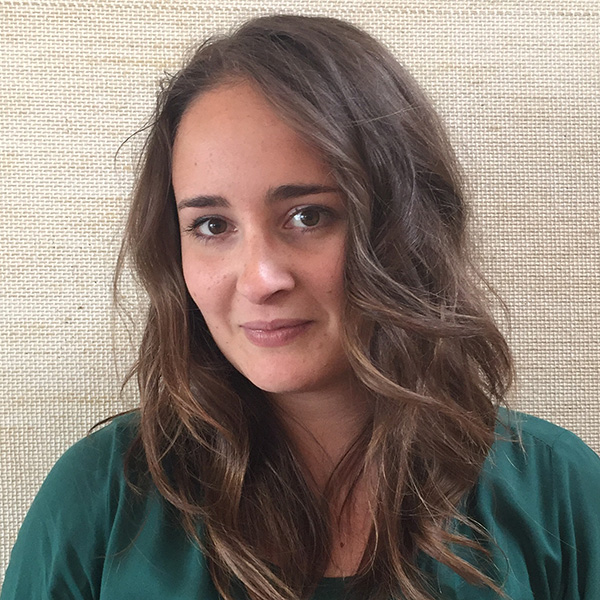Topluluğa Ait Enerji – Ortak Amaçlarla Yapılan Tanımlama
Abstract
Community power is often presented as the key to take advantage of local development opportunities and, in this way, also to avoid local resistance to new RE installations -one of the main problems RE deployment is facing currently. However, we have not reached a consensus about the definition of community power yet. Many definitions of community power are being used worldwide and even nationwide. Some of those definitions involve ownership models of RE installations that do not ensure nor local development neither local acceptance. Based on a Danish case study -the wind turbine project at Hanstholm Harbour-, this paper compares the characteristics of different ownership models and argues why ownership models should be grouped in two major categories: (1) community ownership (where the purpose is common good) and (2) commercial ownership (where the purpose is private profit).
Biographical Sketch
Leire Gorroño Albizu holds a Bachelor of Engineering in Industrial Organisation (2012), by Mondragon University, Spain, and a Master of Science in Sustainable Energy Planning and Management (2014), by Aalborg University, Denmark. Her field of study is socio-economic aspects of renewable energies, with a special focus on community ownership for local development and local acceptance. She started conducting research on this topic on the second half of the year 2012.
